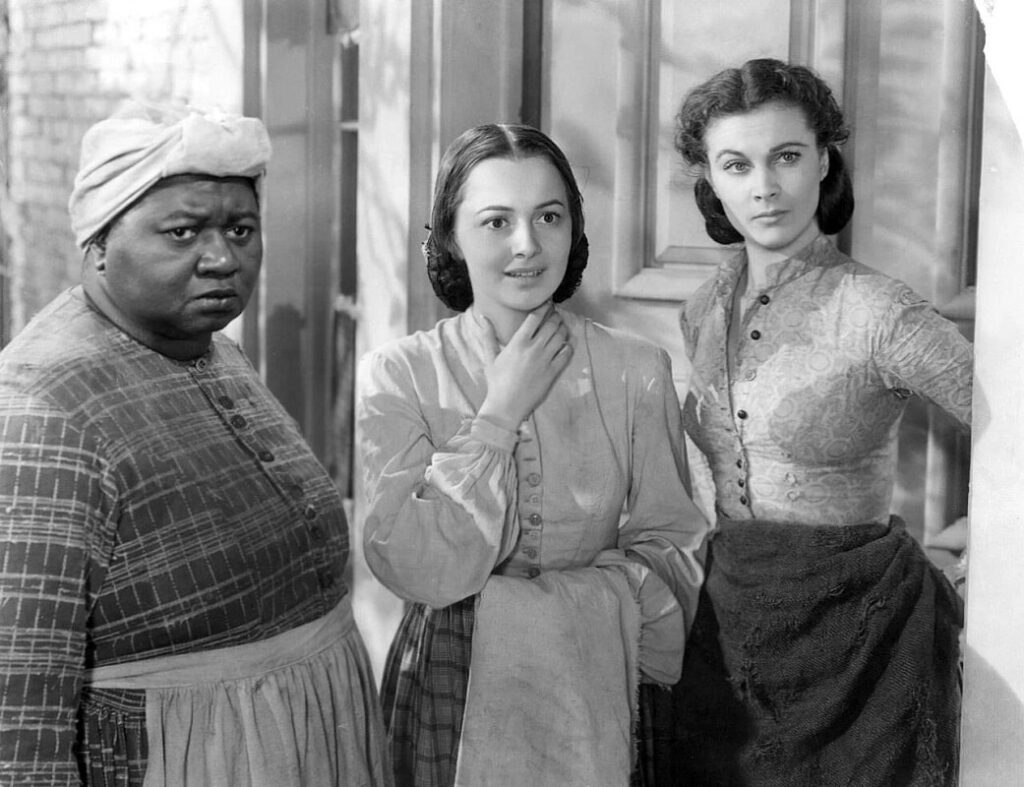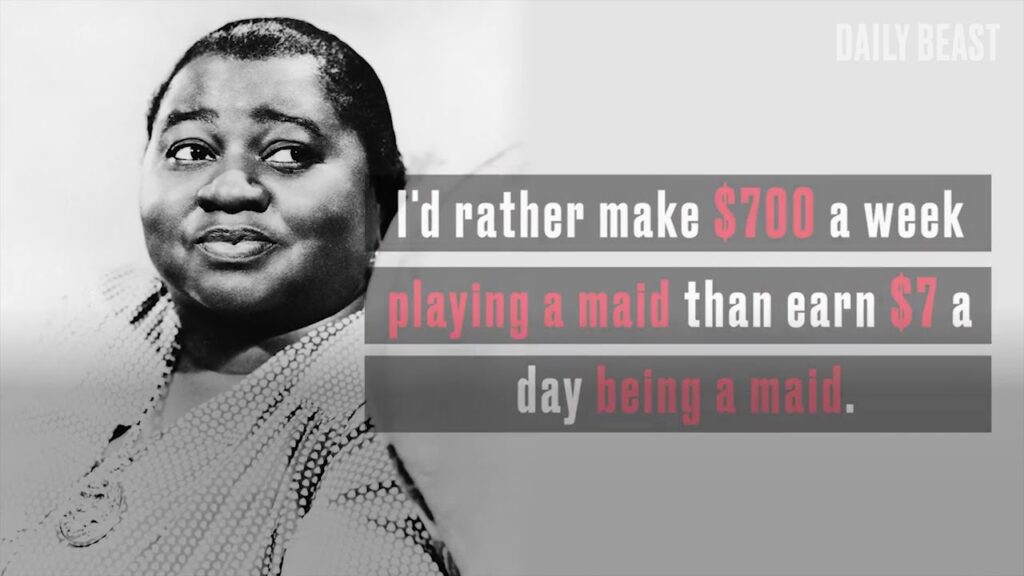
You must have heard that HBO Max has pulled down the 1939 movie “Gone With the Wind” from its platform, citing concerns about the movie’s problematic racial nature.
Adapted from the 1936 novel of the same name by Margaret Mitchell, activists at the time tried hard to get the production team to remove all racial elements from the book in the movie (in particular the offensive slur “nigger”) as well as all historically inaccurate and misrepresented information.
Actress Hattie McDaniel became the first African-American actor ever to win an Academy Award for her role as Mammy in the same film.
Below is the video of actress Fay Bainter presenting the Oscar for Best Supporting Actress to Hattie McDaniel for her portrayal of Mammy, a house servant, in “Gone With The Wind.”
Throughout her career, Hattie McDaniel endured a lot racial bias and discrimination in the industry.
Hattie McDaniel, despite winning the Academy Award for Best Supporting Actress at the 1940 Oscars, was not allowed to sit or celebrate with her costars at the ceremony because it was held at a “no-blacks” hotel.
There were reports that Hattie McDaniel was not allowed to attend the premiere of the movie in which she starred in! She was also not allowed to walk the red carpet at the Oscars.
Hattie McDaniel was barred from the world premiere of Gone With The Wind in Atlanta because of Jim Crow laws. In protest, co-star Clark Gable said he would not attend too because of the colour ban. But McDaniel urged him to go.
It is not known if Clark Gable eventually attended the premiere.
After McDaniel, another black woman did not win an Oscar again for 50 years, until in 1991 when Whoopi Goldberg won the Best Supporting Actress Oscar for her role as Oda Mae Brown in Ghost.
Even though McDaniel appeared in over 300 films throughout her career, she received screen credits for only 83. And most of her movie appearances was for a serving role.

The discrimination Hattie McDaniel suffered continued even after her death. When she received a breast cancer diagnosis and became too ill to work, she wrote a will requesting to be buried at the Hollywood Cemetery – notable for being the resting place of many great Hollywood stars.
The manager of the Hollywood Cemetery at the time, Jules Roth, refused to allow her to be buried there, because, at the time of McDaniel’s death, the cemetery did not accept the remains of Black people for burial.
McDaniel was later buried at the Rosedale Cemetery, known today as the Angelus-Rosedale Cemetery.
By 1999, The Hollywood Cemetery has been renamed the Hollywood Forever Cemetery and now under a new owner, Tyler Cassidy.
Cassidy offered to have McDaniel’s remains transferred to the cemetery but her family did not wish to disturb her remains and declined the offer.
In 2010, Mo’Nique who won the Oscar for Best Supporting Actress in Precious, wore a blue dress and gardenias in her hair, just like McDaniel did at her own award ceremony in 1940.
In her acceptance speech, Mo’Nique thanked McDaniel “for enduring all that she had to so that I would not have to”.


